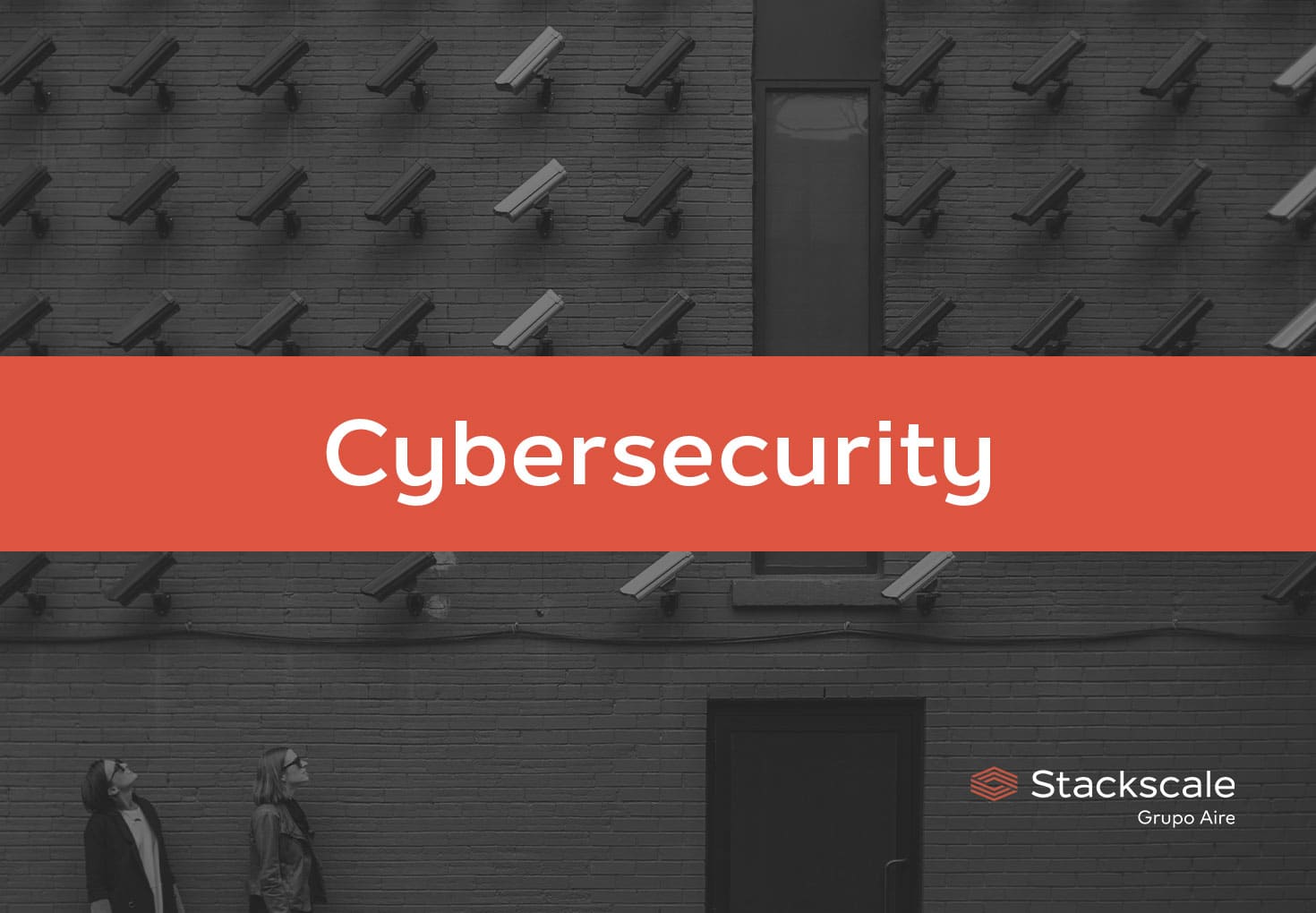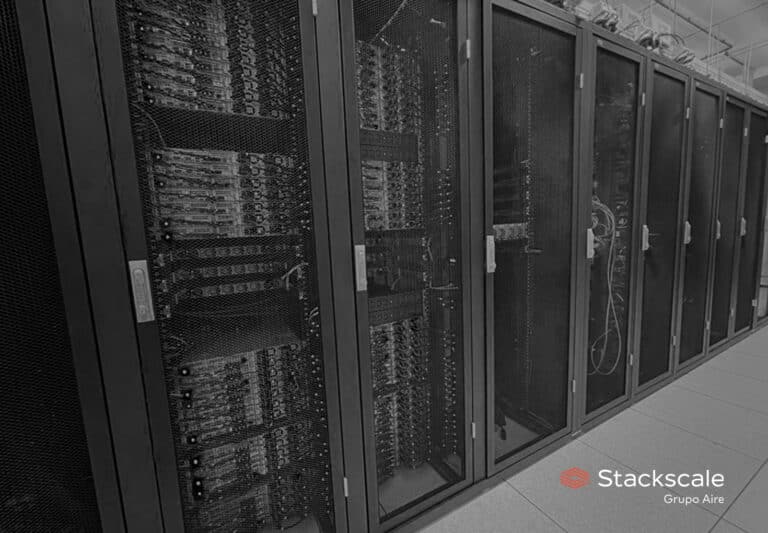The New European Framework Redefining Digital Security
The rise in cyberattacks across Europe is a growing concern. In 2023, companies experienced an average of 1,557 cyberattacks per week, marking an 86% increase from the previous year. The increasing interconnectivity between IT and OT infrastructures has expanded the attack surface for cybercriminals, who are now leveraging Artificial Intelligence to execute more sophisticated attacks.
To address this challenge, the European Union has introduced the NIS2 Directive, aimed at strengthening the security of critical infrastructures and reducing the risk of cyberattacks on key organizations. This regulation represents a significant evolution from its predecessor, expanding requirements and obligations to enhance the resilience of businesses against cyber threats.
Key Changes in the NIS2 Directive
Stronger Penalties and Sanctions
Organizations failing to comply with the regulation within the set timeframe could face GDPR-like financial penalties:
- Essential entities: Fines of up to €10 million or 2% of global annual revenue.
- Important entities: Fines of up to €7 million or 1.4% of global annual revenue.
Additionally, the directive includes administrative fines, corrective measures, and liability for damages in cases of non-compliance.
Increased Executive Responsibility
C-level executives who fail to ensure NIS2 compliance may face personal liability, restrictions on holding executive positions, and additional sanctions.
Supply Chain Security
Companies must ensure that their suppliers meet high cybersecurity standards, implementing regular audits and contractual security requirements.
Guide to Implementing the NIS2 Directive
Complying with NIS2 can be complex, but a structured approach can help organizations adapt successfully. Below is a practical step-by-step strategy to ensure compliance:
1. Engage Senior Management
Executive commitment is crucial. Cybersecurity should be integrated into the company’s overall strategy, with adequate funding and resource allocation.
2. Establish a Project Management Team
A dedicated team with clearly defined roles and responsibilities should be assigned to oversee NIS2 compliance, ensuring efficient implementation.
3. Assess Current Cybersecurity Posture
Conduct an initial risk assessment to identify security gaps and areas for improvement, covering technology infrastructure, processes, and internal policies.
4. Implement a Risk Management Framework
Adopt a standardized risk management approach based on ISO 27001 or IEC 62443, ensuring proper risk evaluation and mitigation strategies.
5. Develop and Enforce Security Policies
Establish clear policies for data protection, access control, incident management, and business continuity, ensuring regular updates in response to evolving threats.
6. Strengthen Supply Chain Security
Verify that all suppliers and third-party vendors comply with NIS2 cybersecurity requirements by conducting audits and security assessments.
7. Deploy Technical and Operational Security Measures
Enhance security through the implementation of:
- Continuous monitoring and real-time threat detection.
- Data encryption for both storage and transmission.
- Multi-factor authentication (MFA) for critical systems.
- Network segmentation to limit the impact of potential breaches.
8. Develop an Incident Response and Reporting Plan
Establish a well-defined incident response plan to ensure quick reaction times. The NIS2 mandates that companies report major incidents to INCIBE (Spain’s National Cybersecurity Institute) within a set timeframe.
9. Conduct Cybersecurity Awareness and Training
Provide regular training for employees and executives on cybersecurity risks, phishing, and best practices. A well-informed workforce significantly reduces the risk of successful attacks.
10. Perform Regular Audits and Continuous Improvement
Schedule internal cybersecurity audits to evaluate the effectiveness of security measures and adjust policies as needed. Cybersecurity is an ongoing process that requires continuous updates.
Advanced Cybersecurity Services for NIS2 Compliance
To meet NIS2 compliance requirements, businesses can leverage advanced cybersecurity solutions from Stackscale with Grupo Aire, offering proactive protection for critical infrastructures:
- Security audits: Comprehensive evaluation of systems and assets.
- Vulnerability management: Identifying and mitigating risks across infrastructure.
- Continuous risk analysis: Ongoing monitoring of digital exposure and emerging threats.
- Penetration testing: Simulating attacks to test the effectiveness of defenses.
- Incident response services: Rapid detection, containment, and recovery from cyberattacks.
- Employee cybersecurity training: Programs designed to educate staff and leadership on security risks.
Conclusion: NIS2 as a Catalyst for Business Cybersecurity
The NIS2 Directive not only tightens cybersecurity obligations but also presents an opportunity for organizations to enhance their digital resilience and strengthen their market position.
Companies that implement advanced cybersecurity measures will not only avoid penalties but also gain customer trust and maintain a competitive edge in an increasingly digital world.
At Stackscale (Grupo Aire), we help businesses build a robust security strategy to comply with NIS2 and protect their critical infrastructure. Contact us today to learn how we can support your cybersecurity needs.




